While scoring a deal on one of America’s cheapest cars like the Chevrolet Spark, Nissan Versa, or Hyundai Accent might seem like a win for your wallet, this decision might come with unexpected drawbacks. Let’s examine the hidden risks behind these budget-friendly choices.
1. Compromised Safety Features
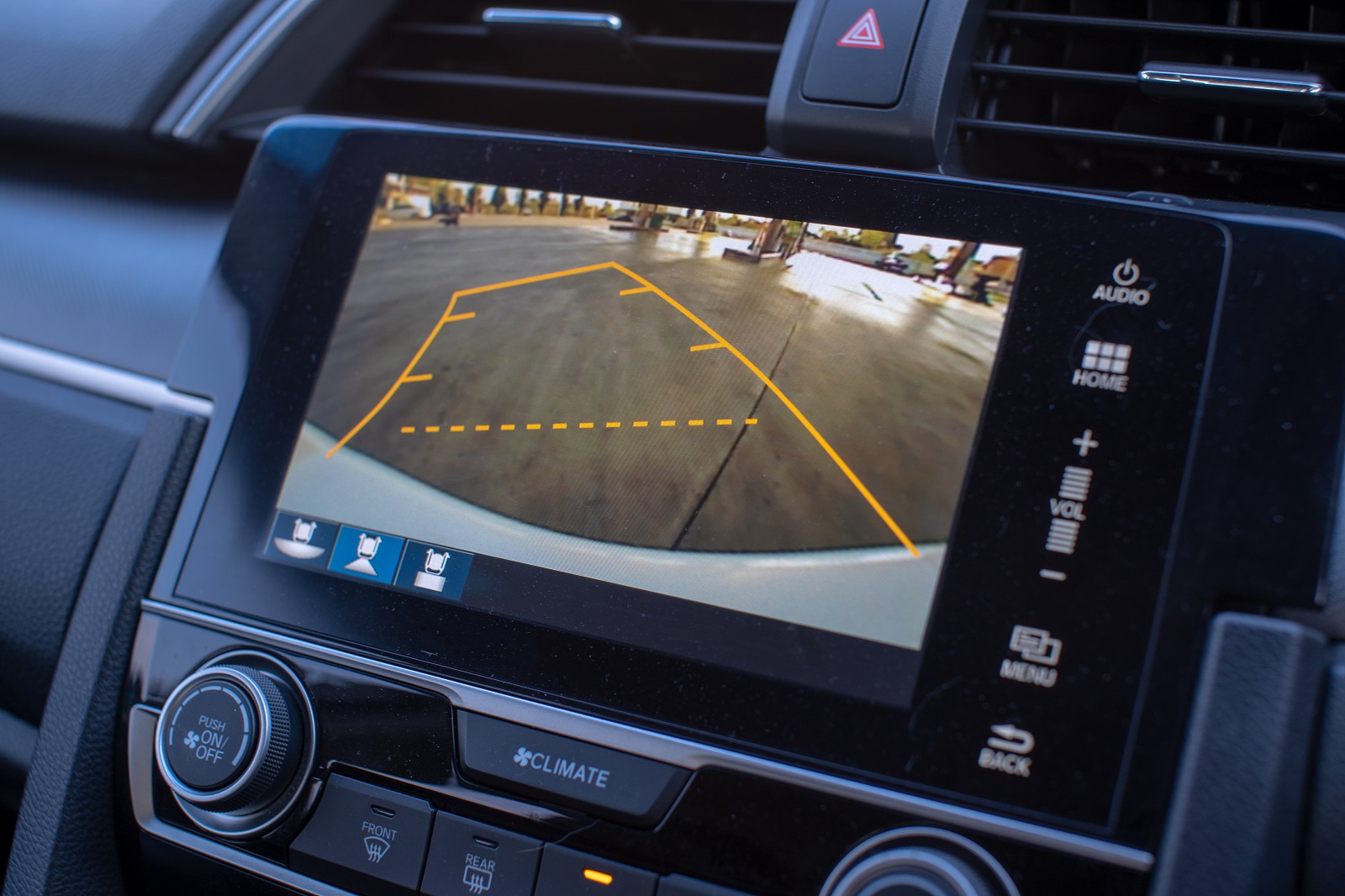
Image Credit: Shutterstock / M2020
Models like the Ford Fiesta often reduce costs by forgoing advanced safety technologies such as adaptive cruise control and lane-keeping assist, potentially compromising driver safety.
2. Lower Resale Value

Image Credit: Shutterstock / Crime Art
Economical vehicles like the Kia Rio depreciate faster than more robust models, meaning you could lose more in resale than you saved in purchase.
3. Higher Maintenance Costs

Image Credit: Shutterstock / thanmano
Cars like the Chevrolet Spark use less durable materials and parts to keep the sticker price low, leading to more frequent and expensive repairs over the car’s lifespan.
4. Less Comfort and Convenience
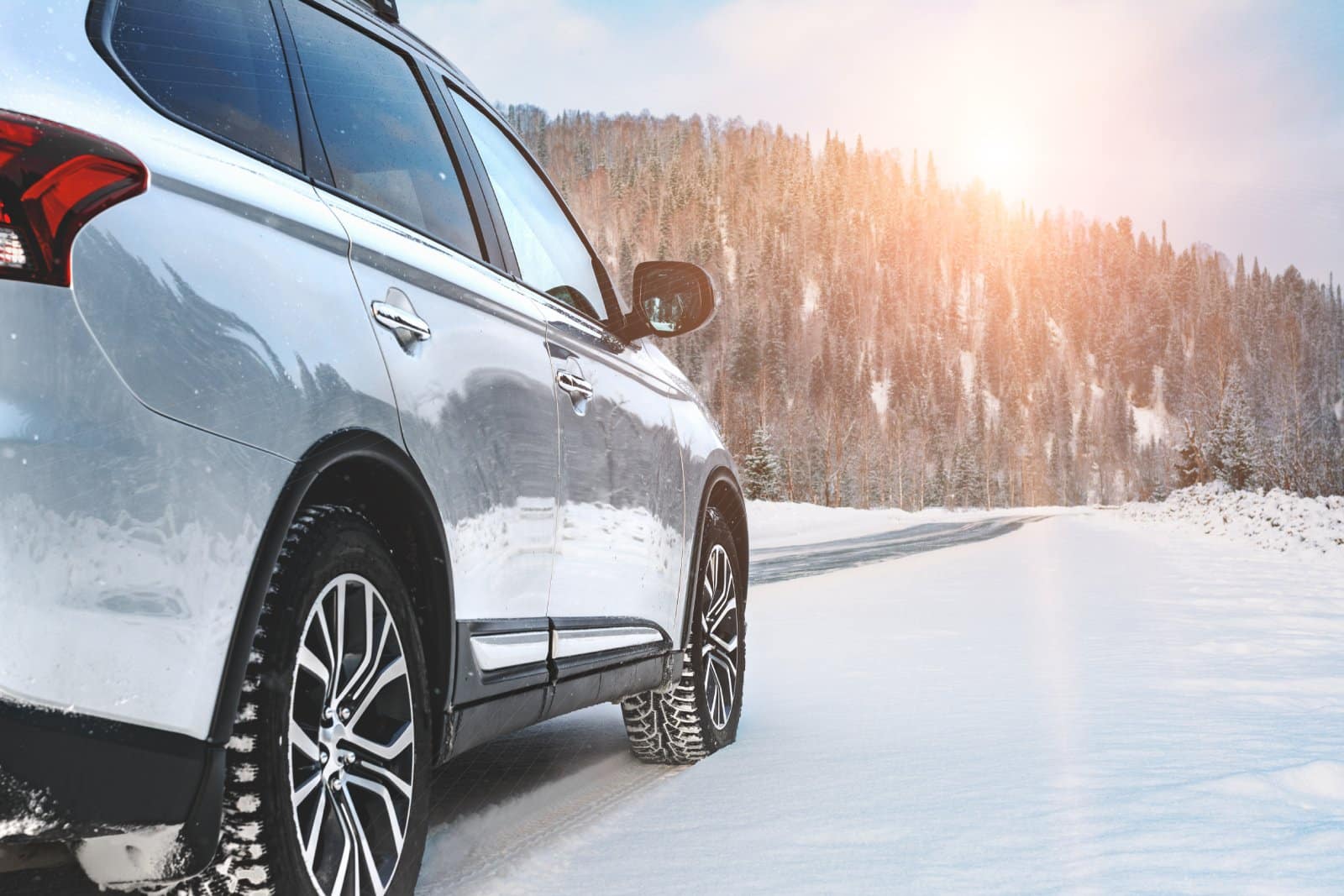
Image Credit: Shutterstock / Galina_Lya
The Mitsubishi Mirage, while affordable, often lacks the comfort and technological amenities that come standard in higher-end vehicles, such as automatic climate control and ergonomic seating.
5. Poor Fuel Efficiency

Image Credit: Shutterstock / Dragana Gordic
Despite their small size, some models like the older versions of the Hyundai Accent do not include the latest fuel-efficient technologies, which can lead to higher fuel costs in the long run.
6. Limited Warranty Coverage

Image Credit: Shutterstock / Aleksandar Malivuk
Cheaper models like the Nissan Versa come with more limited warranty terms, potentially exposing owners to higher costs for repairs that would be covered under more comprehensive warranties offered by pricier models.
7. Weak Performance
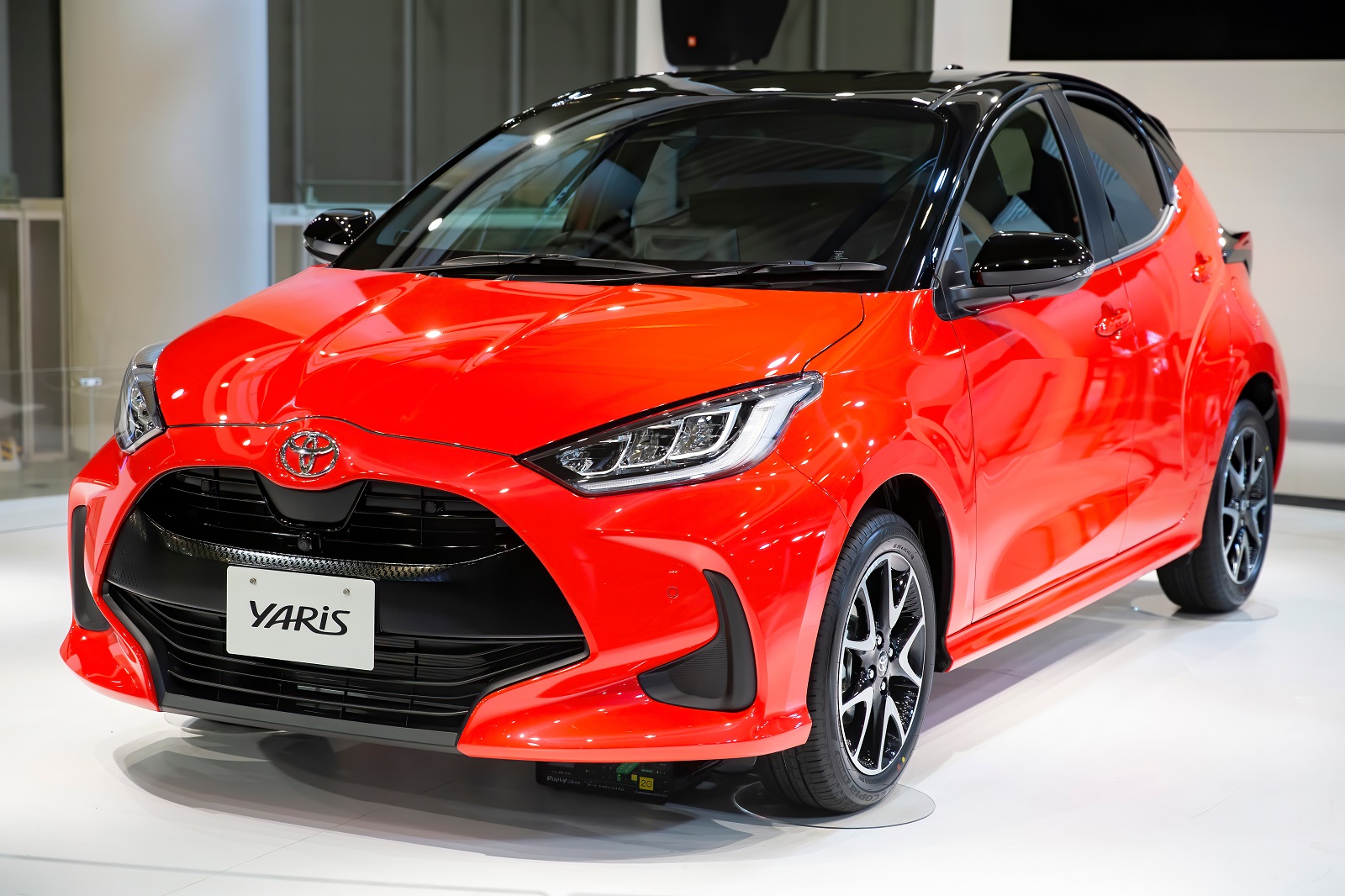
Image Credit: Shutterstock / Karolis Kavolelis
Driving an economical car such as the Toyota Yaris can often mean sacrificing performance, with less powerful engines and slower acceleration, particularly noticeable on highways or in challenging driving conditions.
8. Fewer Tech Features

Image Credit: Shutterstock / CC7
If you opt for something like the Ford Fiesta, you may miss out on advanced infotainment systems and connectivity features available in more expensive vehicles.
9. Reduced Noise Insulation
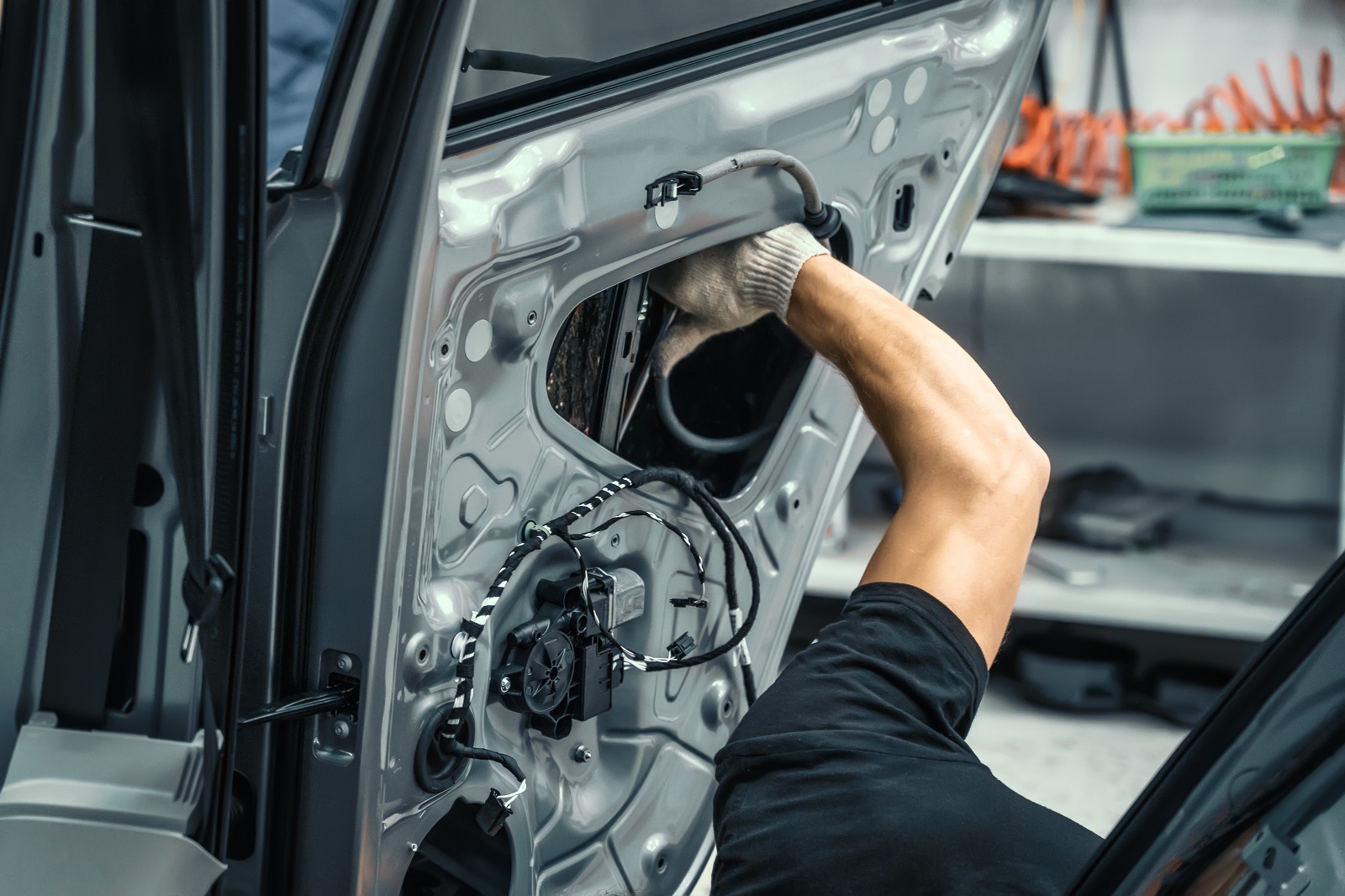
Image Credit: Shutterstock / DedMityay
Budget-friendly cars such as the Chevrolet Spark typically have minimal soundproofing, which can lead to a noisy cabin, particularly at higher speeds.
10. Cheaper Tire Quality
Vehicles like the Kia Rio often come equipped with lower-quality tires that may not perform well in adverse weather conditions and could need more frequent replacement.
11. Less Effective Air Conditioning
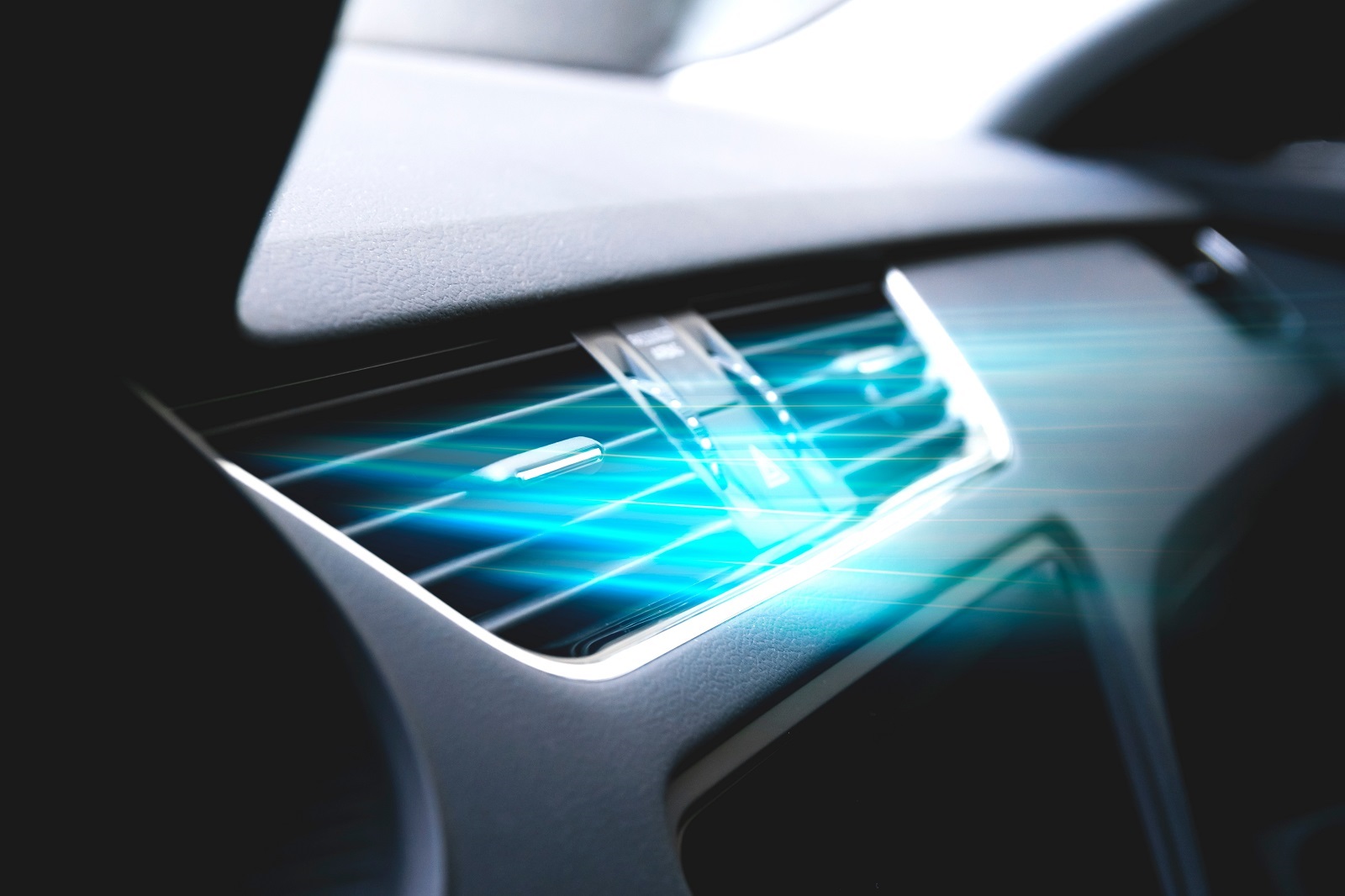
Image Credit: Shutterstock / Yuri Hoyda
Models such as the Mitsubishi Mirage are sometimes equipped with weaker air conditioning systems, making summer drives less comfortable.
12. Lower Quality Interior Materials
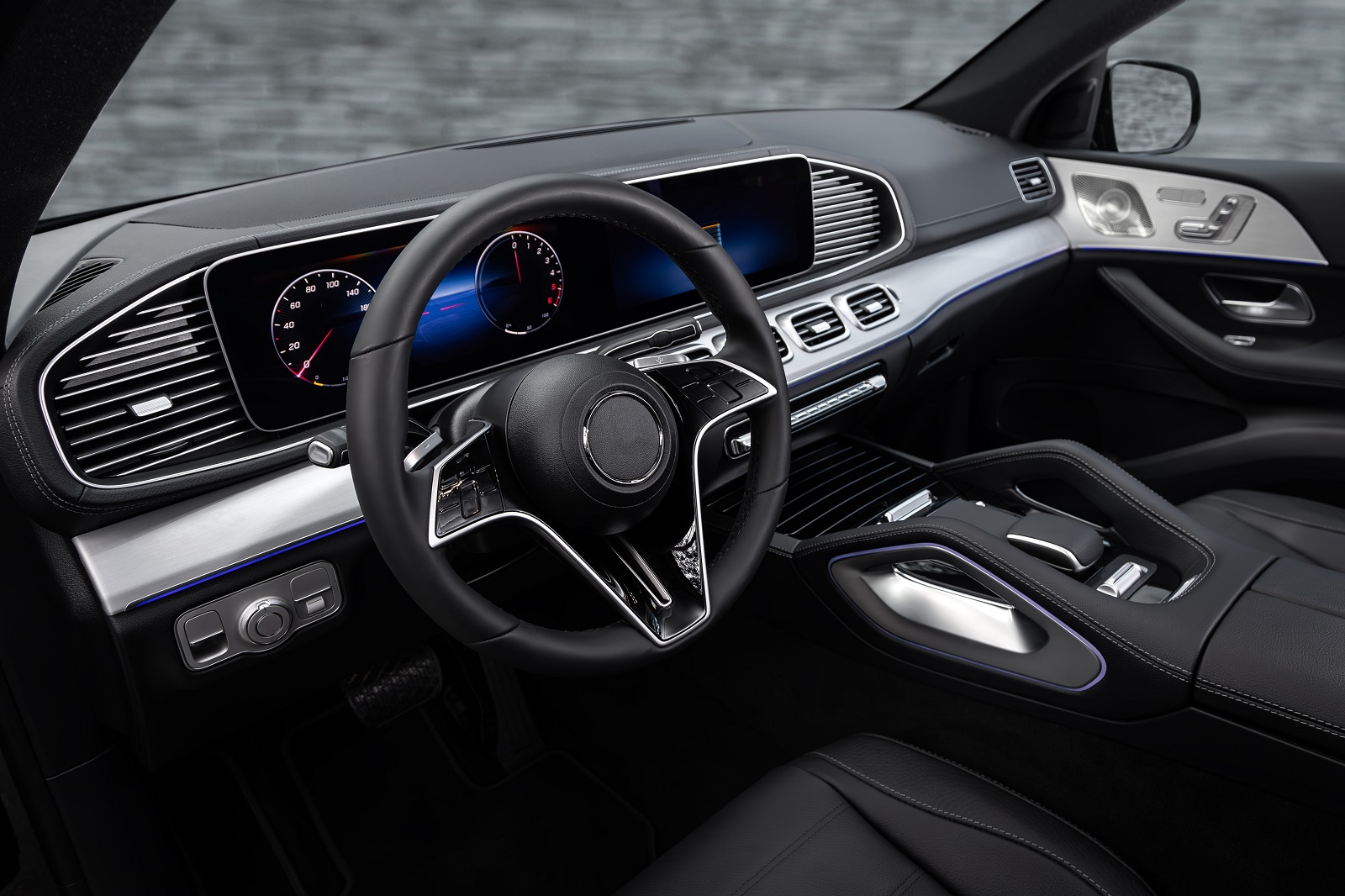
Image Credit: Shutterstock / Everyonephoto Studio
The interiors of cars like the Nissan Versa are often made with cheaper materials that wear out faster and offer less aesthetic appeal than those found in higher-end models.
13. More Prone to Rust

Image Credit: Shutterstock / Yanya
Cars like the Hyundai Accent may lack advanced anti-corrosion treatments, increasing the risk of rust over time, especially in climates with harsh winters.
14. Limited Customization Options
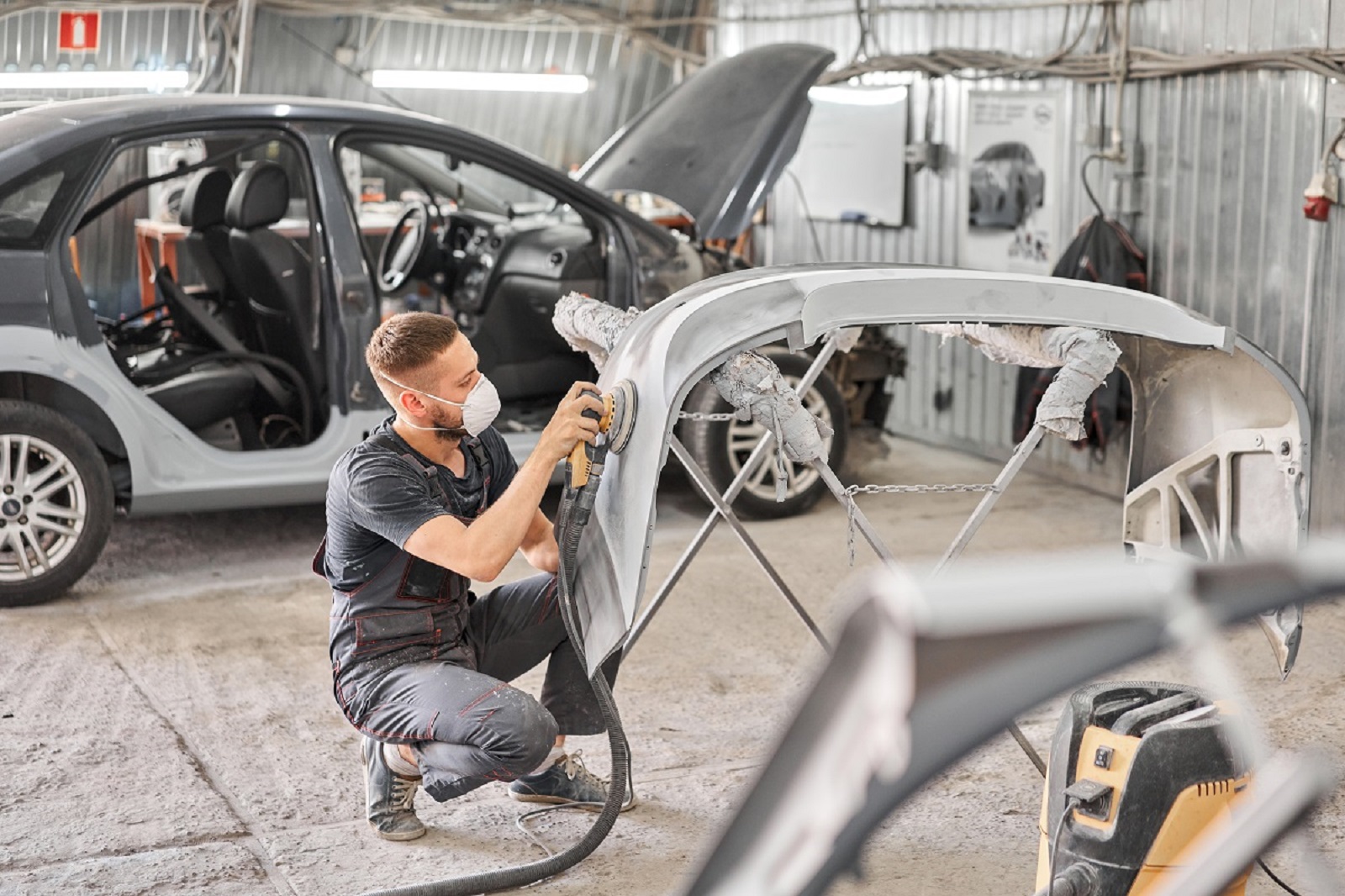
Image Credit: Shutterstock / Fusionstudio
Choosing an economical vehicle like the Toyota Yaris may limit your options for customization, leaving you stuck with the basics.
15. Sparse Dealer Networks

Image Credit: Shutterstock /
Dusan Petkovic
Brands offering cheaper models, such as Mitsubishi, often have smaller dealer networks, which can pose challenges for maintenance and repairs.
16. Inconsistent Ride Quality

Image Credit: Shutterstock / Song_about_summer
The suspension systems in budget models like the Ford Fiesta are less sophisticated, which can translate to a bumpier, less comfortable ride.
17. Higher Financing Rates

Image Credit: Shutterstock / Roman Seliutin
Opting for an inexpensive model like the Chevrolet Spark might subject you to higher interest rates, potentially negating the savings from the lower purchase price.
18. Slower Software Updates
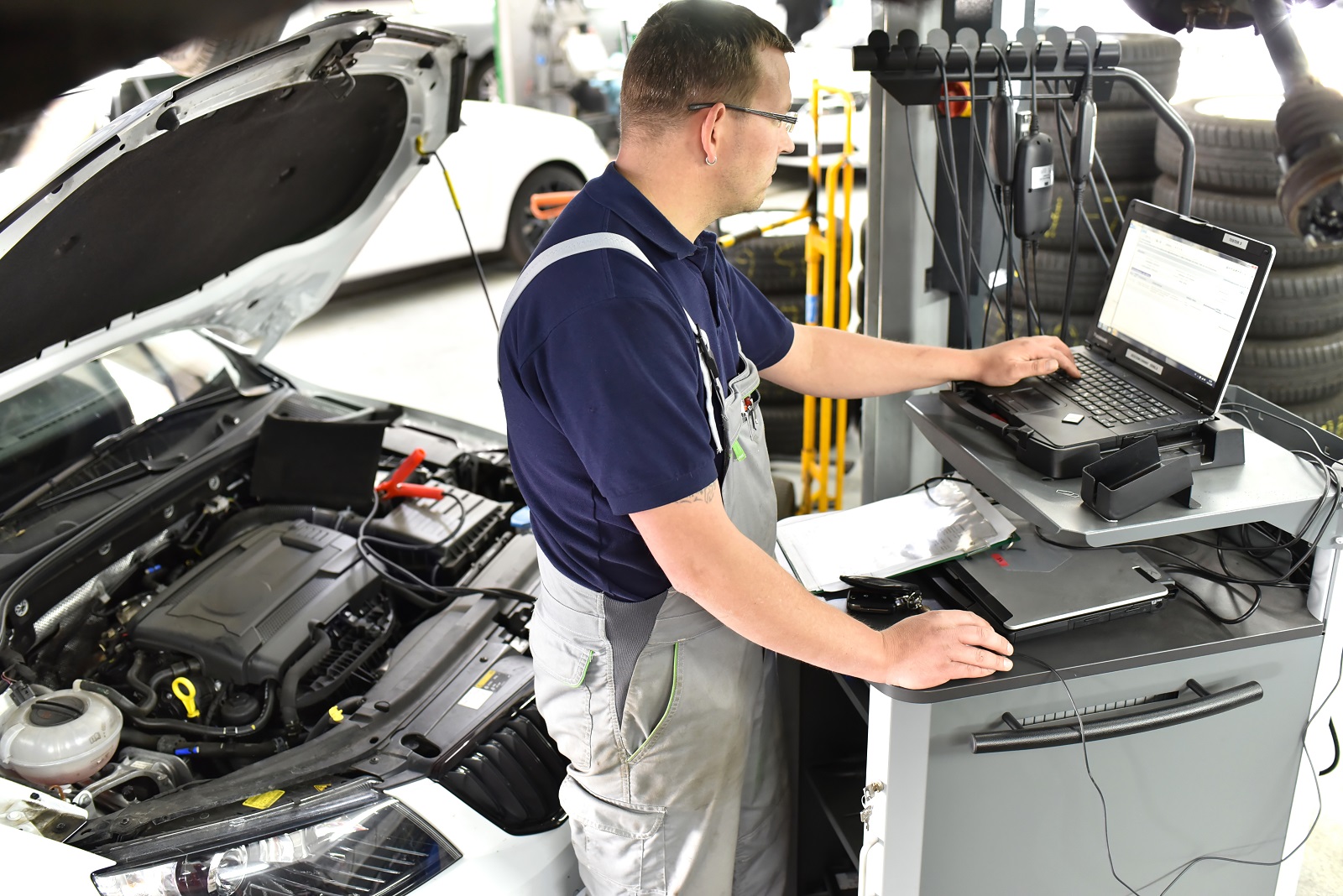
Image Credit: Shutterstock / industryviews
Tech-equipped budget cars, such as the Nissan Versa, may experience infrequent and glitchy software updates, detracting from the user experience.
19. Complicated Insurance Claims

Image Credit: Shutterstock / CrizzyStudio
Insurers may offer less favorable terms for cheaper, less safe cars like the Kia Rio, potentially leading to higher premiums and more complicated claims processes.
Think Twice

Image Credit: Shutterstock / Studio Romantic
While the allure of a low price is strong, the true cost of owning America’s cheapest cars may be higher than expected. Consider these factors carefully to ensure that your next vehicle purchase is a smart long-term investment.
The post Hidden Dangers: The Truth Behind America’s Cheapest Cars first appeared on Mechanic Insider.
Featured Image Credit: Shutterstock / Dusan Petkovic.
For transparency, this content was partly developed with AI assistance and carefully curated by an experienced editor to be informative and ensure accuracy.



